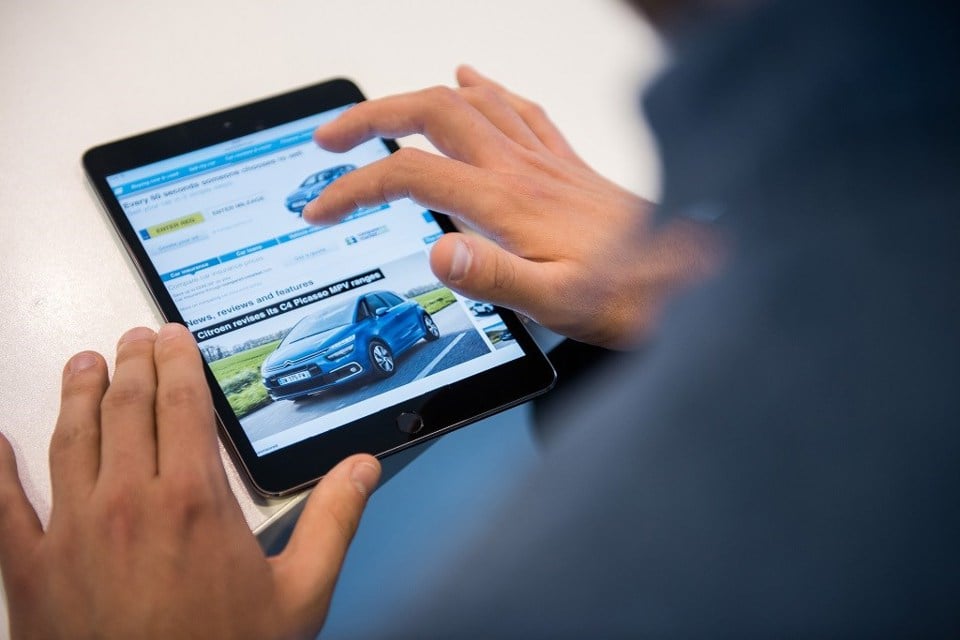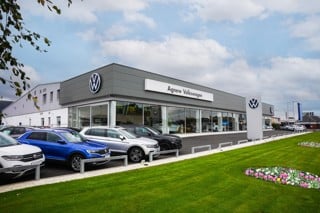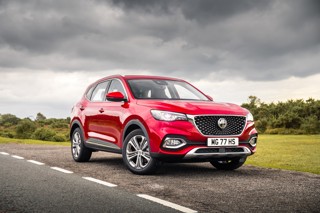The lack of pricing transparency has led to used car dealers being distrusted by more than 90% of buyers.
In a survey of 5,000 consumers only 7% said they trusted used car dealers. 20% in the Auto Trader Market Report survey said they found vague, hard to find or misleading information in the car buying process. Such responses are blamed for perpetuating negative perceptions consumers already have about the used car trade.
The used car sector was ranked bottom of 14 industries, including the finance sector, estate agents
The report suggests ways to win back confidence, given by respondents: access to dealer reviews, price comparisons and “clear information on the vehicle and history checks”.
Auto Trader operations director Nathan Coe said: “Changing perceptions will be a challenge but the reward could be substantial for the industry. For those willing to adapt and take a progressive retail approach there is a big opportunity. Retailers that provide a transparent and therefore trusted experience for car buyers will become more successful.”
Improve transparency and in turn trust, consumers will change their car more often, he reasons.
Auto Trader surveyed consumers before and after the EU referendum.
“The trends emerging in terms of consumer behaviour changes since the referendum are as marginal and divisive as the Brexit vote itself,” Coe said. “What they do reveal, however, is an uncertain economic climate that could become more challenging if consumer apprehensions about the future worsen.
“That’s why it’s important the industry works together to offer wider transparency that will mirror the experiences consumers have with other retail industries today – so we can start to change to these negative and long-standing perceptions once and for all.”
It’s a position that resonates with Sue Robinson, National Franchised Dealers Association director. “The perception of a dealership or a brand has the potential to strongly influence customers’ attitudes. In a period of uncertainty, our industry should be relying on its strengths and looking at how to improve by adapting to new market trends.”
Low levels of trust are not reversible Auto Trader suggests: “Whilst only 7% of respondents claim to trust used car dealerships, for most this is perception: that statistic is reversed for those who had bought a used car in the past six months, with only 7% stating they didn’t trust the used car dealership they bought from.”
The EU referendum
Research prior to the vote showed that 75% of car buyers would not influence their car buying habits, with 25% intending to wait until after the result to determine how prices could be affected.
The percentage of consumers saying the referendum would have no impact rose to 89%, with more car buyers confident the UK’s decision to leave the EU would not affect their next car purchase.
“It is still too early to tell, but there have been no clear signs of consumer car spending wavering significantly in light of the EU referendum result, “ Coe said.
“The car is still largely considered a practical purchase, with consumers still expected to buy cars to fulfil the important role they play in everyday life.
“There is also, of course, the fact that there are vast numbers of UK drivers currently in PCP or other finance deals who contracts come up for renewal every two-three years.”
With the percentage of private new car sales that were bought using dealer finance making up 84% of car sales between June 2015 and June 2016, there are high numbers of UK drivers likely to be in the market for their car in two-three years, when the “economic climate could be considerably more stable”.
Auto Trader’s post EU referendum poll revealed a 29% increase in consumers looking to upgrade their car to a more expensive model, with a 9% decrease in consumers claiming they were considering a new car, opting for a used car instead.
Consumers are likely to spend twice as much on a new car (£20,047 on average) than a used model (£8,753), the Auto Trader research reveals.





















Login to comment
Comments
No comments have been made yet.